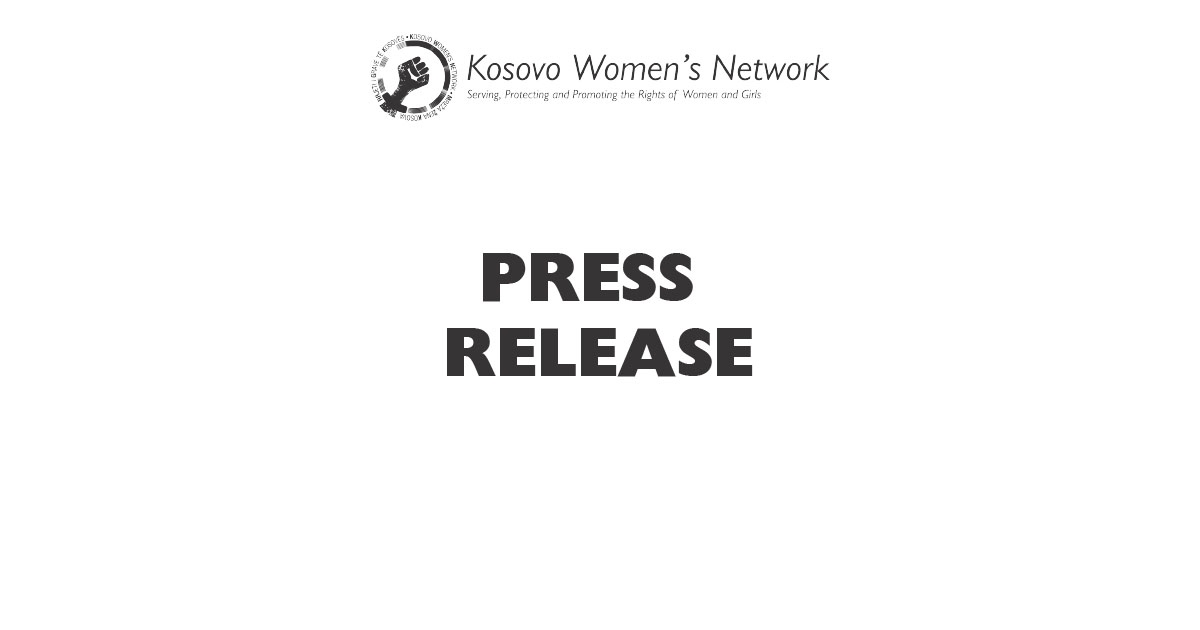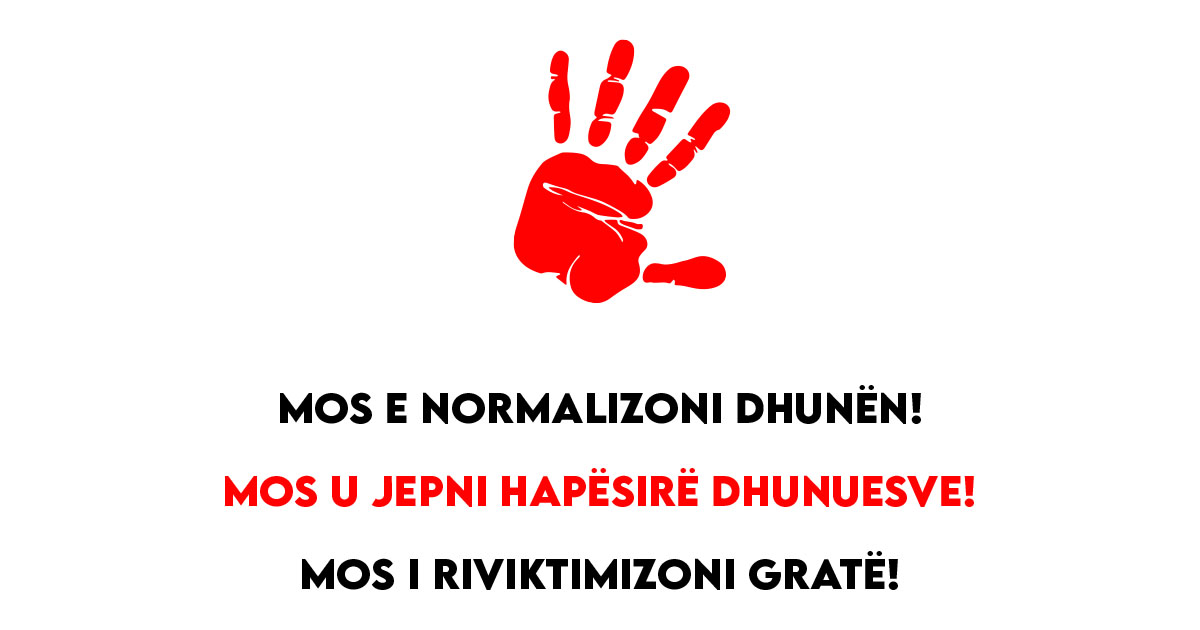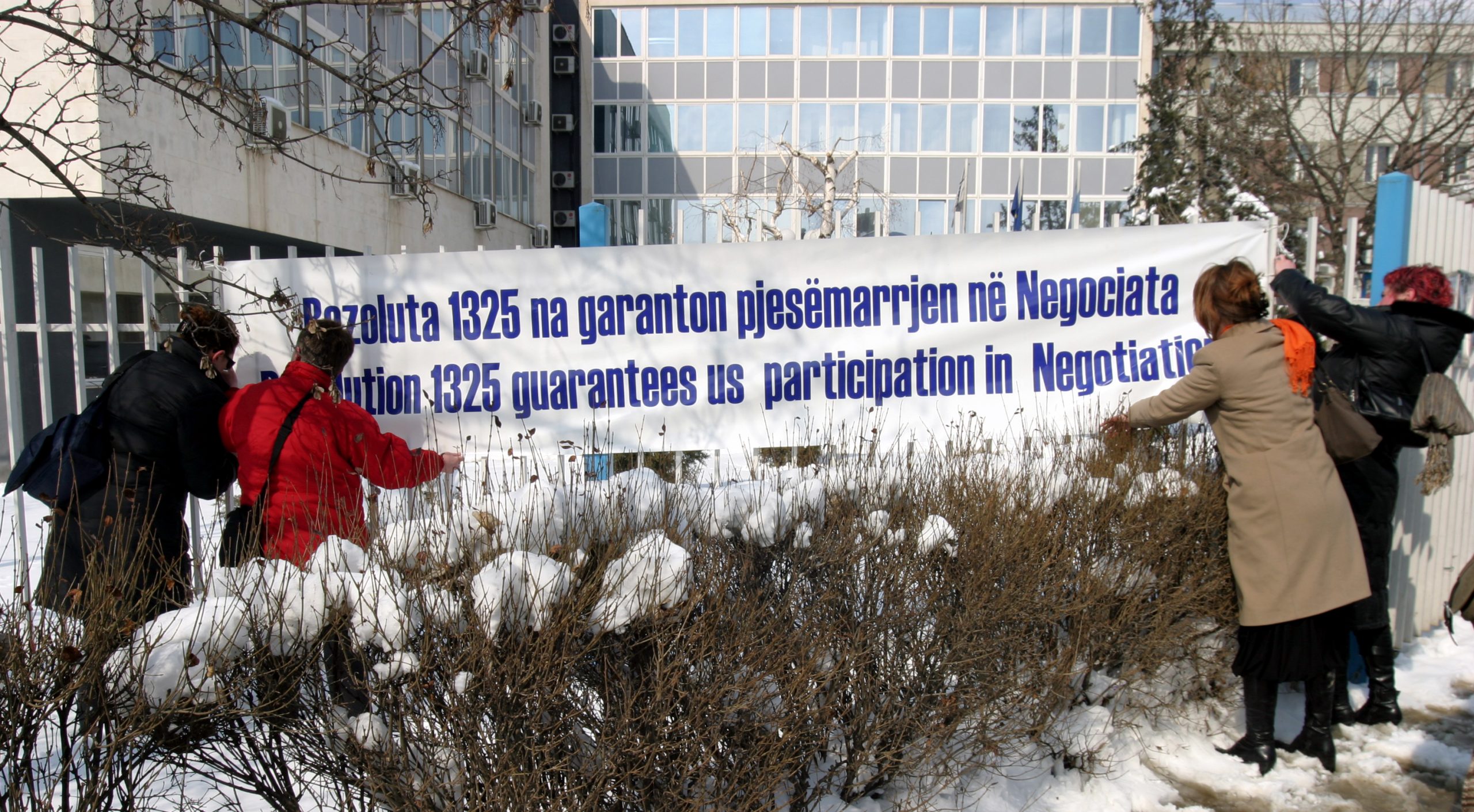Nineteen years ago the United Nations Security Council adopted United Nations Security Council Resolution 1325 on Women, Peace and Security.
Since its adoption, women’s rights activists in Kosovo have consistently called for the implementation of this important Resolution.
The Resolution emphasizes women’s important role in peace-building and stresses the “importance of their equal participation and full involvement” at all levels of decision-making, including in negotiations. It also calls for the protection of women and girls in conflict and post-conflict situations, appropriate training for security personnel and justice for crimes against humanity, including sexual violence.
The Resolution: “Emphasizes the responsibility of all States to put an end to impunity and to prosecute those responsible for genocide, crimes against humanity, and war crimes including those relating to sexual and other violence against women and girls”.
Thus, Resolution 1325 remains very relevant in Kosovo today, 19 years after its adoption.
As Kosovo forms its new government that will re-enter dialogue with Serbia, the Kosovo Women’s Network (KWN) calls on the governments of Kosovo, Serbia and international interlocuters, particularly the European Union, to uphold their commitments to implementing Resolution 1325 during the dialogue. In accordance with Resolution 1325, women must be fully and directly engaged in the dialogue both as government representatives and as citizens, consulted regularly during the process. The priorities and needs of diverse women must be represented in the dialogue.
“Negotiations cannot happen without 50% of the population having their interests represented at the table,” said KWN Executive Director Igballe Rogova, who has advocated for the implementation of Resolution 1325 since its adoption.
For women of all ethnic groups, important aspects of the continued dialogue include resolving the status of missing persons and ensuring an “end to impunity” for sexual violence and other crimes, in accordance with Resolution 1325.
“There is no peace without justice,” Rogova emphasized.
From consistently calling for justice and reparations for sexual violence, to demanding that the United Nations Mission in Kosovo ensure women’s inclusion in the initially appointed Interim Administrative Council of Kosovo back in 2000, to repeatedly calling for women’s inclusion at all levels of government and decision-making in Kosovo, Kosovar women’s rights activists have regularly reminded international decision-makers and Kosovo authorities alike of their responsibilities to implement this Resolution since its adoption 19 years ago.
These requests remain very relevant today, as women’s equal participation and representation have yet to be realized in Kosovo in accordance with Resolution 1325, the Constitution of Kosovo and Kosovo’s Law on Gender Equality. Kosovo’s new government now has the opportunity to ensure this Resolution’s implementation moving forward.
For additional information about the implementation of Resolution 1325 in Kosovo, read KWN’s book: 1325 Facts & Fables.
On 8 March 2006, International Women’s Day, women’s rights activists hung a banner by the government and parliament in Pristina, reminding them that Resolution 1325 guarantees women’s right to participate in negotiations with Serbia.






